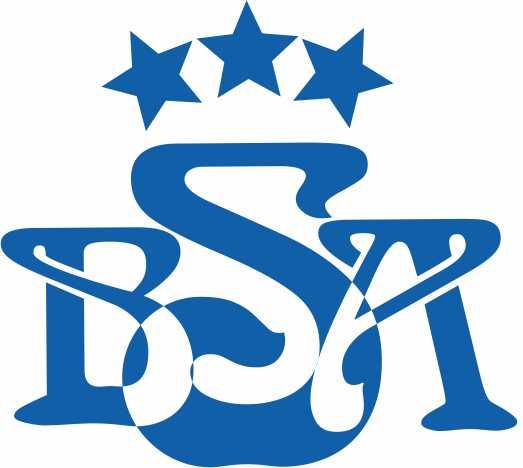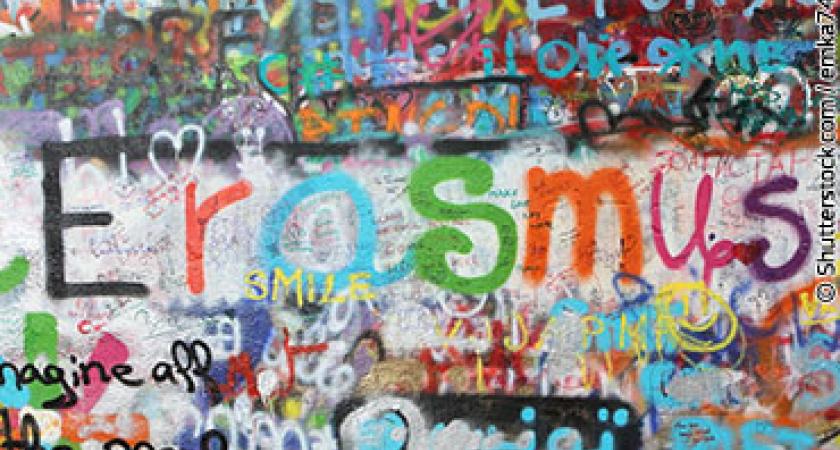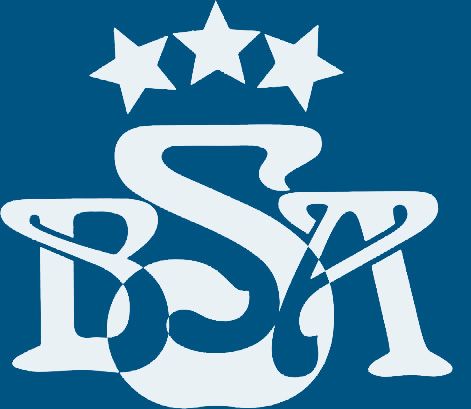On May 9-12, 2017, I had a great opportunity to participate in the Erasmus mobility program. This was my first Erasmus experience, and I’m very glad that it was a successful one. My choice fell on Vilnius University Kaunas Faculty of Humanities. Why Vilnius University Kaunas Faculty of Humanities? Believe me, I really had strong reasons. First of all, our study programme Translation and Interpreting (Baltic International Academy) cooperates successfully and closely with Kaunas Faculty of Humanities. Our students study at this faculty within the Erasmus program and they always have positive impressions. Secondly, in April Lina Abraitienė from the Vilnius University Kaunas Faculty of Humanities participated in the international conference Multidimensional Translation: From Science to Arts, hosted by our Baltic International Academy, she presented an excellent report on audiovisual translation inopera and invited us to visit her university and her native city. My colleagues Žanna Daragane, Dace Šostaka and I said yes. Even more, I have never been to Kaunas before. So, I intended to kill many birds with one stone.
Kaunas Faculty is the only faculty of Vilnius University located in another city – the city of Kaunas. Kaunas boasts beautiful architecture, lovely parks and unforgettable atmosphere, it is located at the confluence of the two largest Lithuanian rivers, the Nemunas and Neris. Kaunas is also known as the city of students. I was pleasantly surprised to meet thousands of young people on the streets of Kaunas. Kaunas Faculty of Humanities is located in the Old Town, the unique 16th-17th century buildings where “ancient spirit and modern technologies make a coherent whole”.
In April Lina Abraitienė (Kaunas Faculty of Humanities) within the international conference at Baltic International Academy participated in the workshop by Erika Berkics, European Consortium for the Certificate of Attainment in Modern Languages, Hungary, and was interested in ECL exams for students of Vilnius University. So, as I am a director of ECL Consortium in Baltic Countries (Baltic International Academy), the objective of my training mobility within the Erasmus program was to tell my colleagues from Lithuania about the European Consortium for the Certificate of Attainment in Modern Languages, comparability, competence, reliability, professional responsibility, levels, parts, task types, format and assessment of the “ECL” language tests, to share information about opportunities to set the ECL exams at Vilnius University Kaunas Faculty of Humanities. The head of the faculty and lecturers displayed a keen interest in the ECL exam system and were ready to cooperate in that field.
I can only be grateful for this exciting and challenging opportunity. This great experience is thanks to the existing and growing Erasmus program. This inspires me to participate in further teaching staff visits.
Jūlija Rastorgujeva








